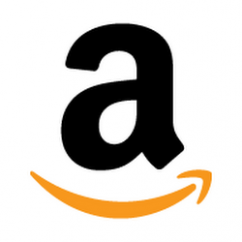Articles and News
Amazon Well Positioned To Enter Luxury Market, Expert Says August 19, 2015 (0 comments)

New York, NY—Amazon has been eyeing the luxury market for some time, and with good reason: research shows that both affluent consumers (HHI starting at $75,000) and very affluent consumers (HHI from $250,000) already shop the site frequently and won’t hesitate to buy luxury products there.
In an editorial for members of Luxury Society, Bob Shullman of Shullman Research Center says the online behemoth has signed on as a sponsor for some events during New York Fashion Week, has signed on as an investor of Who What Wear to have its products sold on the site as an affiliate, and inked a deal with Condé Nast to partner and sell the massive September issue of Vogue online—delivering it a full five days before it hits newsstands.
Shullman says these moves signal serious interest in attracting upscale fashion brands to its site. It’s already on track to become the number-one U.S. retailer of apparel overall, according to financial analyst firm Cowen. Amazon has already dipped a toe into luxury jewelry and watch brands, as well as beauty brands, and Shullman’s research suggests a full-scale dive into luxury will find a receptive audience:
60% of all American adults bought at least one thing from the site in the previous 12 months. That figure rises to 67% of affluent consumers and 70% of very affluent consumers.
54% of all Amazon customers shop there monthly but 58% of affluent and 64% of very affluent customers do.
Amazon’s Prime service, which offers two-day delivery and other benefits for a $99 annual membership, is very popular among both affluent and very affluent consumers. About one-third of all Amazon customers are enrolled, but more than 40% of affluent and more than 50% of very affluent customers are.
Almost three-fourths of affluent and very affluent customers rated Amazon as better than other stores where they shop.
When asked if there were any products or services they would not consider buying on Amazon, about one-third of customers said yes, there were some—but none of the categories named were luxury products.







